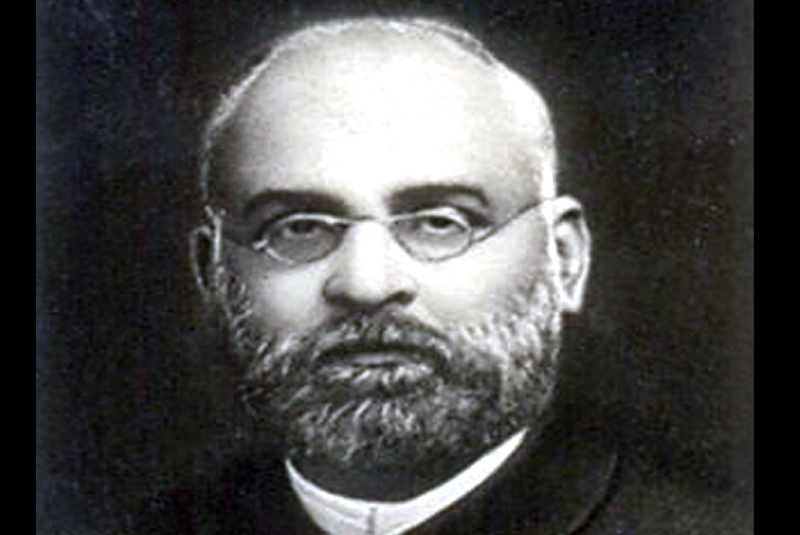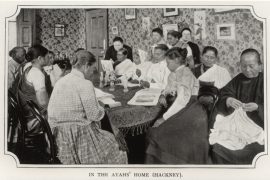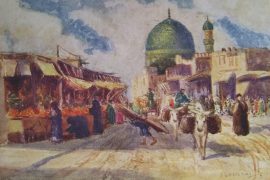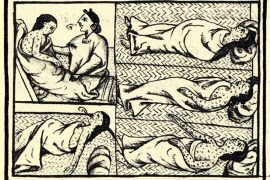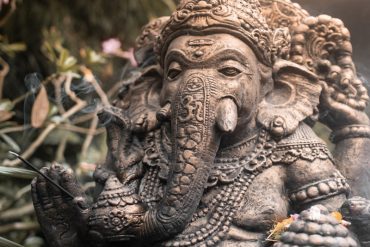The Kranti Teerth memorial is an odd sight amidst the endless expanse of sand and sky in Gujarat’s Kutch district. For a memorial to an Indian freedom fighter, it has an unusual element – a brick-by-brick replication of a red student hostel from London’s upmarket Highgate area.
Set up when Narendra Modi was Gujarat’s chief minister, it’s a rare acknowledgement of the role of a British institution in India’s freedom struggle. A student hostel is a setting for fond memories. Days of inspiration, education and perhaps even revolution. Of the three, the India House student hostel attracted the last.
For five years since 1905, it hosted the most vocal proponents of Indian independence in a lane on Cromwell Avenue; revolutionaries far bolder in their demands and methods than those who represented the Indian cause back in the mainland. It’s a legacy that the Indian diaspora has continued to this day – of fermenting nationalist change in the homeland whilst far apart from it.
What did Britain have that brought earnest young men from India to the land of their oppressor? Did the tools of the empire help in its own dismantling?
Copyright©Madras Courier, All Rights Reserved. You may share using our article tools. Please don't cut articles from madrascourier.com and redistribute by email, post to the web, mobile phone or social media.Please send in your feed back and comments to editor@madrascourier.com

